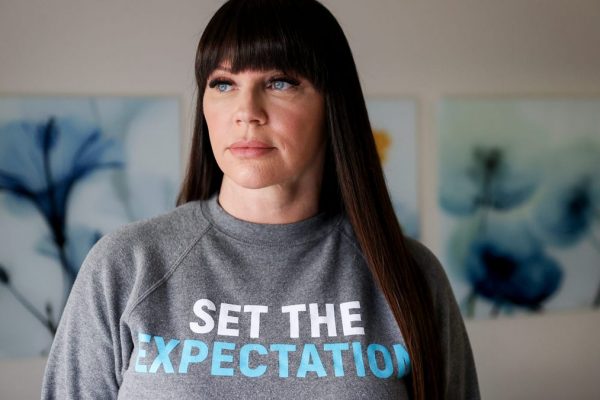
Organic Ranger ground beef tests positive for E. coli: What to know
Food safety tips and tools for cooking at home Time and temperature are the most…

Food safety tips and tools for cooking at home Time and temperature are the most important factors to keep in mind when it comes to food safety. Problem Solved The U.S. Department of Agriculture’s Food Safety and Inspection Service has issued a public health alert for ground beef products sold at Whole Foods stores in…

Are Edmonton Oilers Stanley Cup bound? Former NHLer weighs in Former NHL winger Riley Cote explains what he loves about this Edmonton Oilers team ahead of the Western Conference Finals. Sports Seriously The Pittsburgh Penguins named Dan Muse as the 23rd head coach in franchise history on Wednesday. He replaces Mike Sullivan, who had been…

Samsung has published a blog post teasing the “next chapter of Ultra,” and it included an animation of a phone that clearly has the form factor of the Galaxy Z Fold. The phone’s silhouette folds out to show a device as big as a small tablet and then folds in again into the size of…

Speaking of our gaming headsets guide, the Turtle Beach Atlas Air is currently the top pick in that roundup, and it remains an excellent buy if dad would prefer an open-back design. What’s that, you ask? In simple terms, it’s a type of headphone that lets air and sound pass through its ear cups. This…

Texas Gov. Greg Abbott has yet to indicate if he plans to sign the bill into law. FDA redefines what foods can be labeled as ‘healthy’ Foods will be required to contain certain ingredients and be under specific limits for added sugar, saturated fat and sodium to be marketed as “healthy.” Scripps News A bipartisan…

Disney World, Disneyland to get new theme park lands and attractions Disney announced new lands and attractions for its global theme parks at its 2024 D23 fan event, including “Monsters, Inc.” and villains-themed areas. Corrections & Clarifications: An earlier version of this story had the wrong date for Muppet*Vision 3D and PizzeRizzo’s closing. They are…

John Smoltz favors McIlroy, Scheffler over LIV Ahead of the American Century celebrity golf tournament, baseball hall of famer John Smoltz breaks down the best celebrity golfers and why he favors the PGA over LIV. Golfer Max Homa took an unusual step on Monday in an effort to turn his season around. After falling out…

The Nintendo Switch 2 will be available to buy in the US starting tomorrow, June 5. It’s been a long time coming, and if you’re one of the lucky ones who managed to secure a pre-order, you’re likely hoping yours will arrive on launch day. For everyone else, the hunt for the Switch 2 continues….

Powerball, Mega Millions jackpots: What to know in case you win Here’s what to know in case you win the Powerball or Mega Millions jackpot. Just the FAQs, USA TODAY One very lucky Powerball player in Colorado may miss out on millions of dollars if they do not come forward soon. The person who purchased…

Sexual assault survivor advocate Brenda Tracy filed a federal lawsuit against Michigan State University’s Board of Trustees and two individual board members on June 3, alleging they harmed her and her livelihood by mishandling her sexual harassment complaint against former head football coach Mel Tucker. Her 51-page lawsuit accuses the officials of violating their legal…